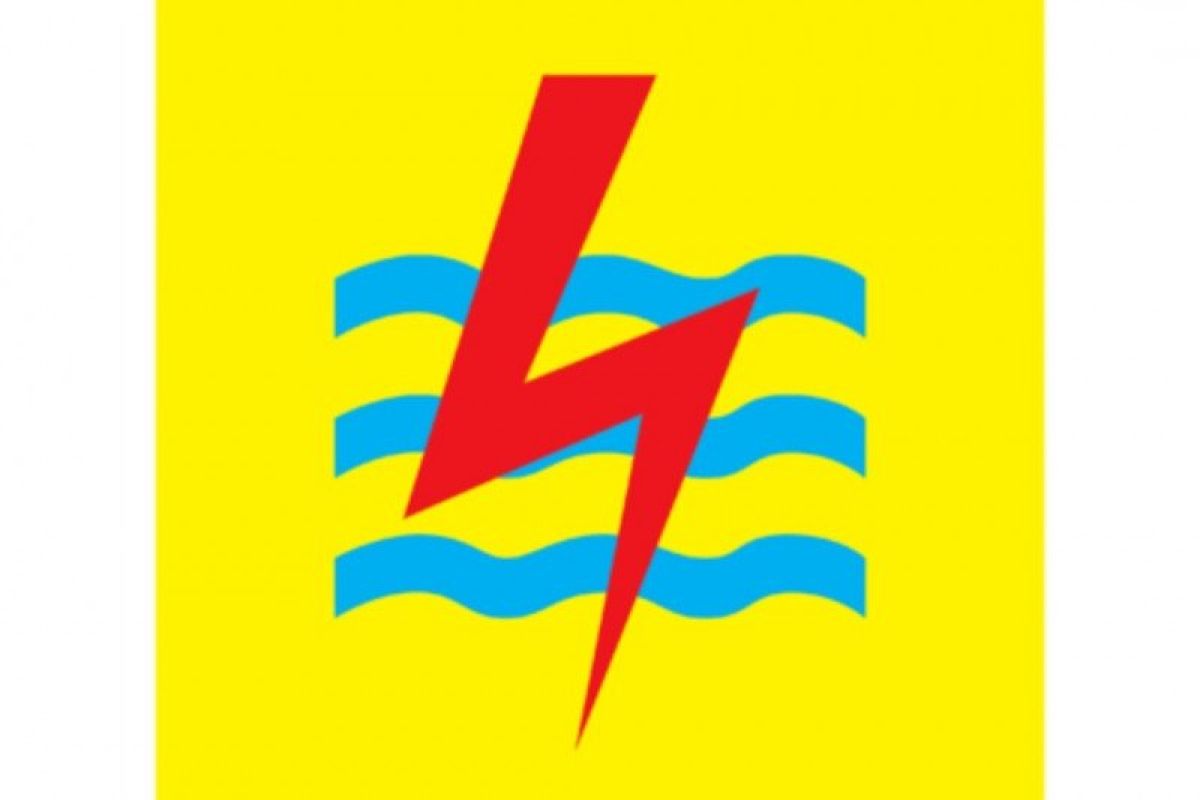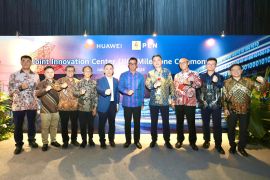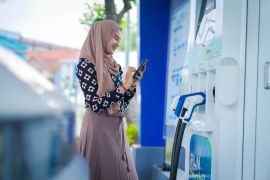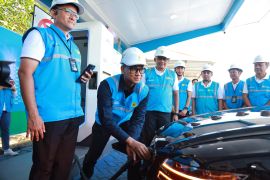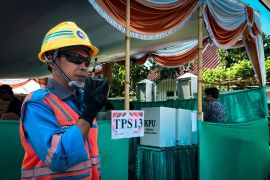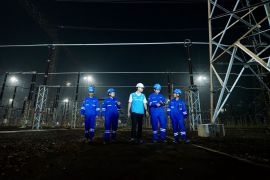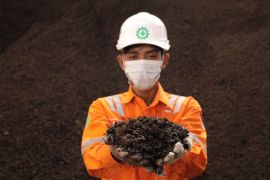"Our commitment is to accelerate (our efforts) and accelerate the transition to the implementation of EBT," Executive Vice President of New and Renewable Energy PLN Cita Dewi stated during the online seminar of the Institute for Essential Services Reform (IESR) Indonesia attended in Jakarta on Friday.
She remarked that one of the decarbonization activities carried out by PLN was developing EBT generators and also conducting co-firing.
Currently, the production of environmentally friendly energy from co-firing has been conducted at almost 47 steam power plant (PLTU) locations, and PLN plans to conduct co-firing at 52 PLTU locations. The implementation was also conducted in stages since prior to it, PLN had also conducted trials.
Cita Dewi explained that co-firing was conducted since the capacity of existing PLTUs in Indonesia, both PLN and non-PLN, namely Independent Power Producers (IPPs), had reached almost 54 percent. Thus, in implementing a decarbonization policy, PLN should also look at the option of how it can utilize or optimize the existing ones, one of which is co-firing PLTU.
"Co-firing is an option because apart from being able to reduce carbon emissions, it will also increase the mix from the PLN side," she remarked.
Earlier, PLN used biomass as a substitute for the coal utilized in the PLTU. This technology, called co-firing, is implemented by PLN to reduce carbon emissions.
President Director of PLN Darmawan Prasodjo stated that throughout 2022, PLN had implemented this co-firing technology at 36 PLTU locations out of the targeted 35 locations.
PLN's co-firing program was able to produce 575.4 GWh of clean energy and succeeded in reducing carbon emissions by 570 thousand tons of CO2 by utilizing 542 thousand tons of biomass.
Implementation of co-firing will have an impact on reducing carbon emissions and greenhouse gases. This is part of a community electricity ecosystem that involves the community in providing biomass, so that it can boost economic growth of the local community.
The co-firing program has been successfully implemented by collaborating on waste utilization with 12 local governments across Indonesia, and six solid "jumputan" fuel projects (BBJP) had also been launched and operated in 2022.
Related news: PT PLN road map targets zero-emission energy by 2060
Related news: PLN guarantees electric vehicle users will easily find chargers
Translator: Aji Cakti, Cindy Frishanti Octavia
Editor: Rahmad Nasution
Copyright © ANTARA 2023
